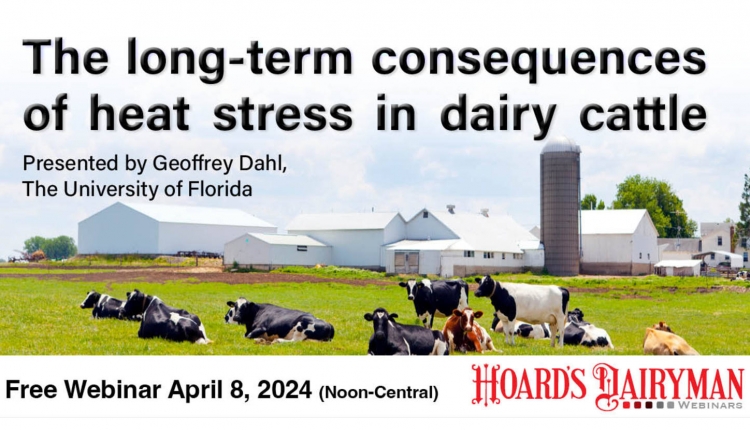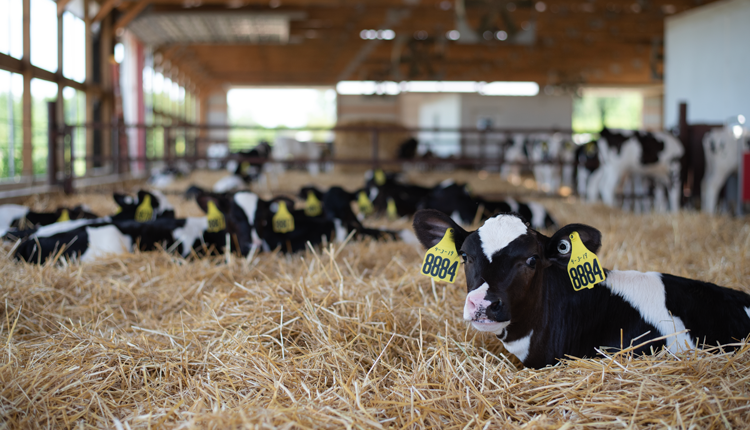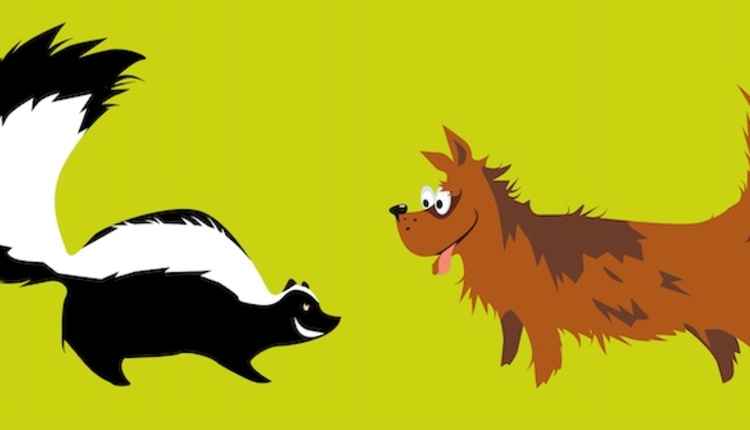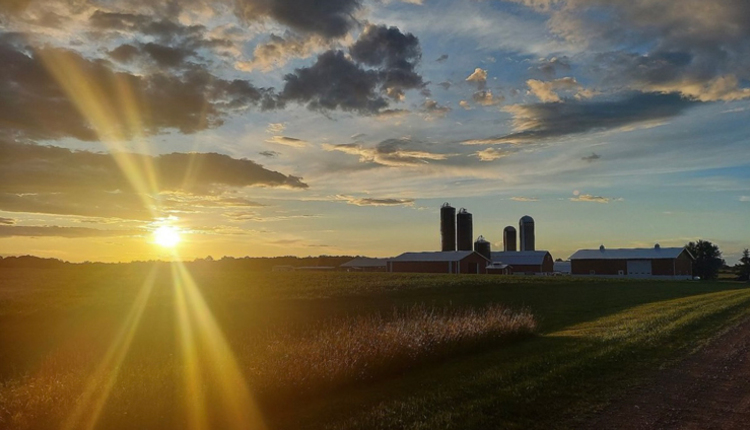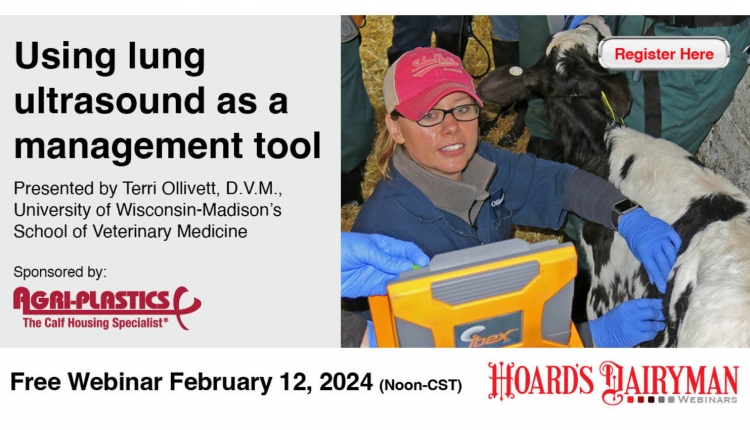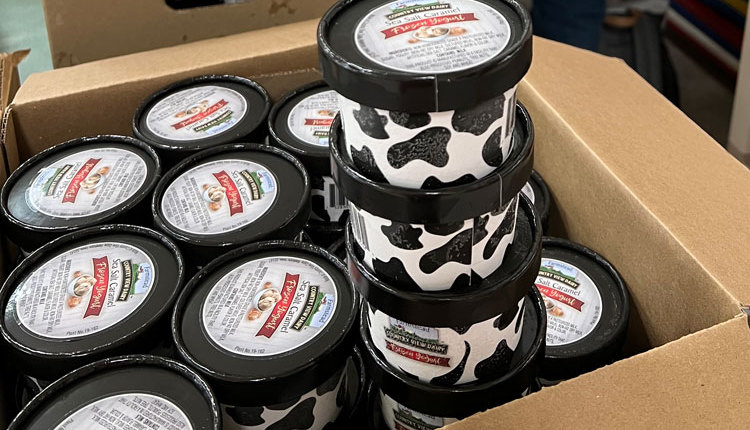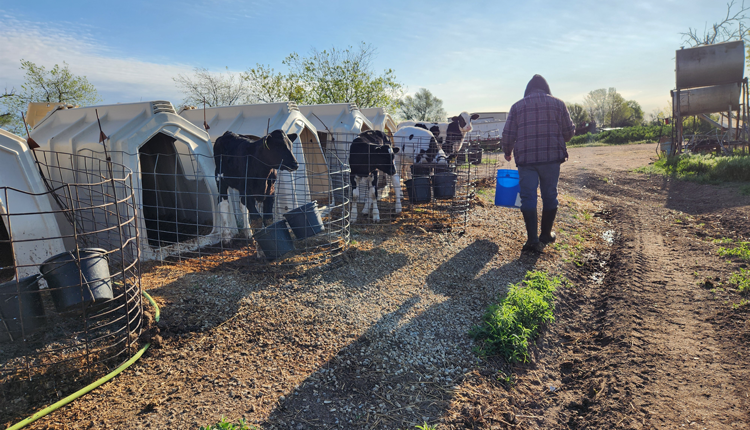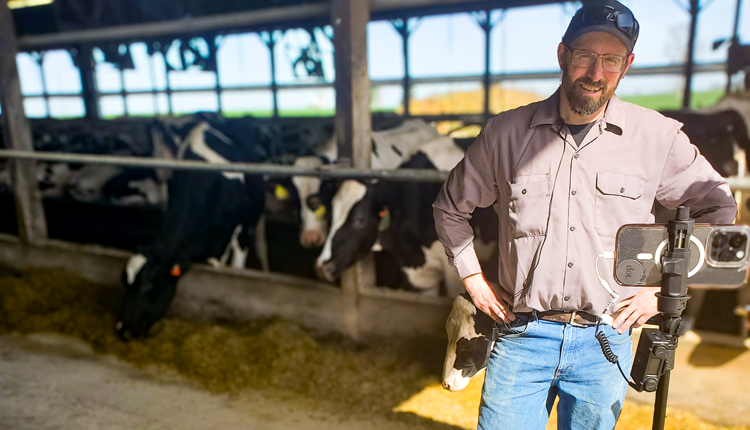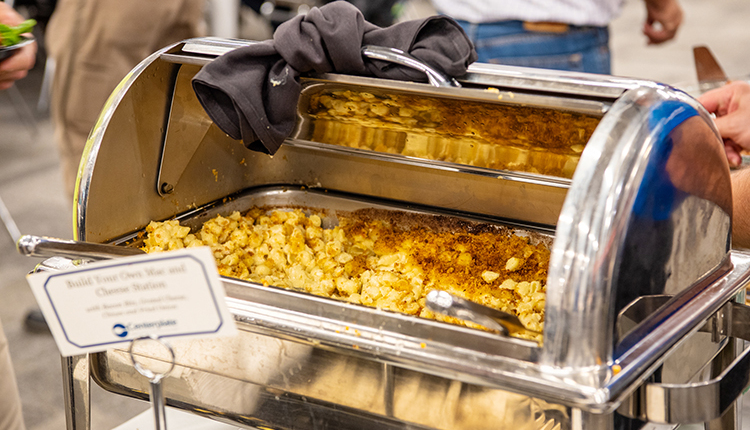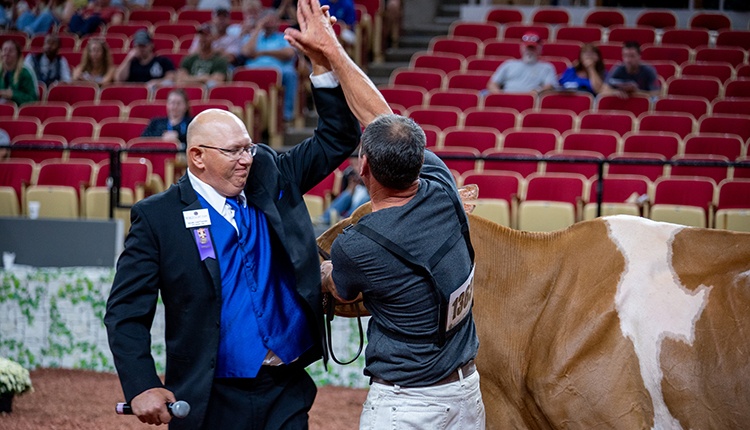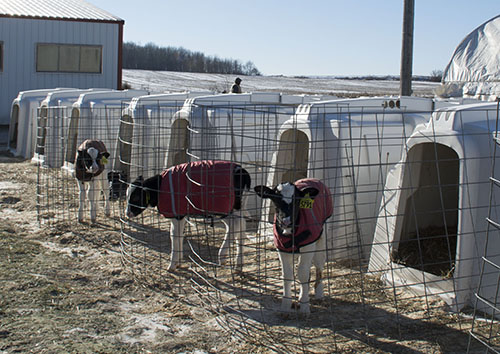
When temperatures dip, we reach into the closet for another layer of clothes. An added layer of protection, in the form of a calf jacket, can also shelter the youngest members of our dairy herd. In a recent University of Wisconsin-Extension podcast, agriculture agent Sarah Mills-Lloyd, D.V.M., shared her recommendations for using jackets on calves.
"Calf jackets do an excellent job keeping calves warm," she said. When should jackets be used? Mills-Lloyd suggests that calves under 21 days of age should be wearing a jacket anytime the ground is frozen.
She explained that calves are born with a low percentage of body fat, and combined with their small size and thin skin, they are prime candidates to quickly lose body heat. Wet calves are especially vulnerable, as wet hair cannot insulate a calf and when water evaporates into the environment, it takes heat with it.
For that reason, Mills-Lloyd noted that jackets should only be applied when calves are completely dry. Also, to accommodate for growth, straps should be adjusted weekly. When a jacket is adjusted or removed, she encouraged producers to do a health evaluation of body condition score and respiration rate, since these are difficult to check when a jacket is on the calf.
Jackets can be purchased, or if you or someone you know is a talented seamstress, you could make your own jackets out of a breathable material, she said.
The benefit of this extra warmth in cold climates is measurable. Mills-Lloyd shared research that showed an additional 0.22 pound daily weight gain in calves that wore a jacket compared to those that did not.
Once a calf graduates from a jacket, Mills-Lloyd explained that for sanitary and biosecurity reasons, each jacket should be washed between calves and dried thoroughly.
To learn more about cold weather calf care, listen to the full University of Wisconsin-Extension podcast here.

The author is an associate editor and covers animal health, dairy housing and equipment, and nutrient management. She grew up on a dairy farm near Plymouth, Wis., and previously served as a University of Wisconsin agricultural extension agent. She received a master's degree from North Carolina State University and a bachelor's from University of Wisconsin-Madison.
